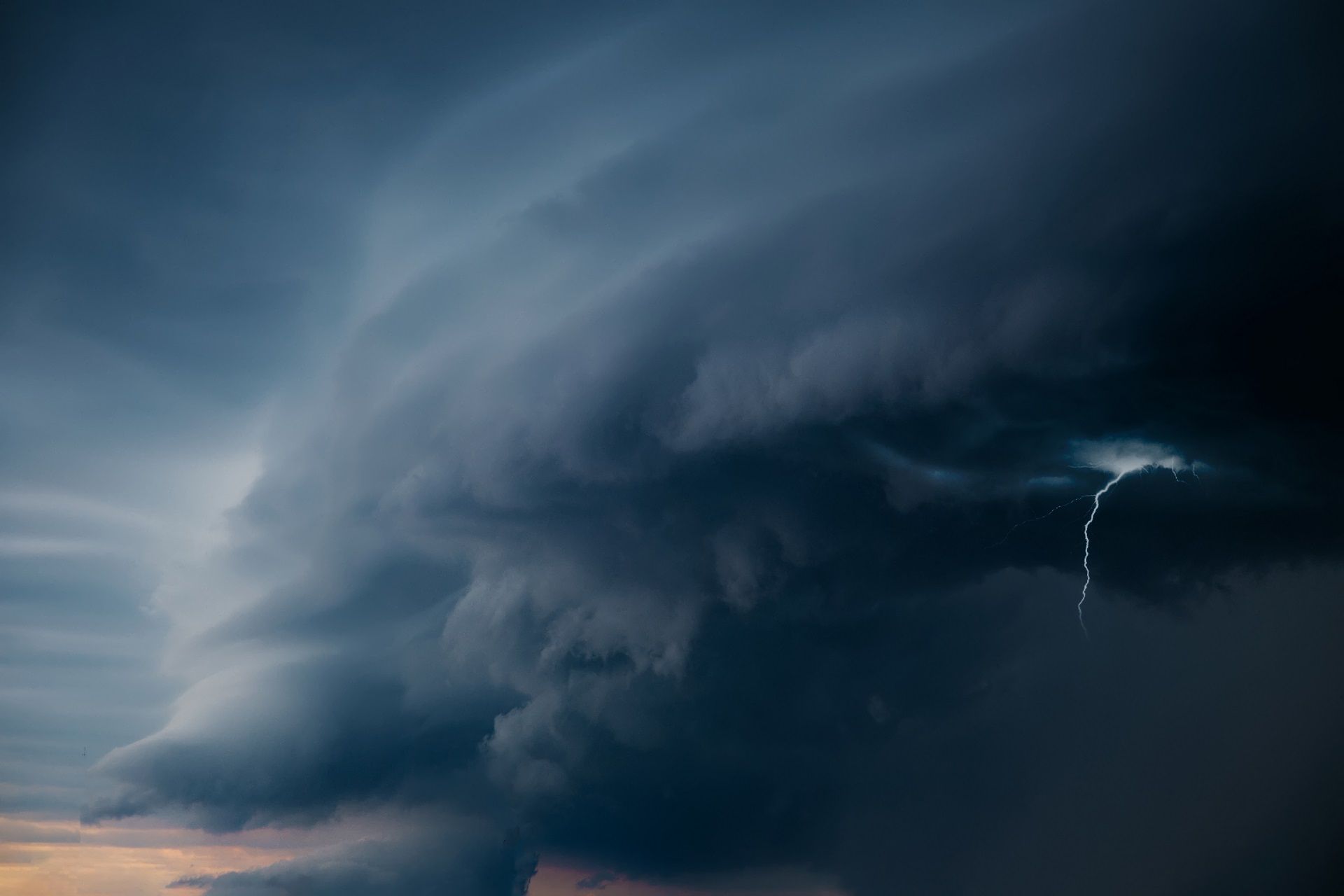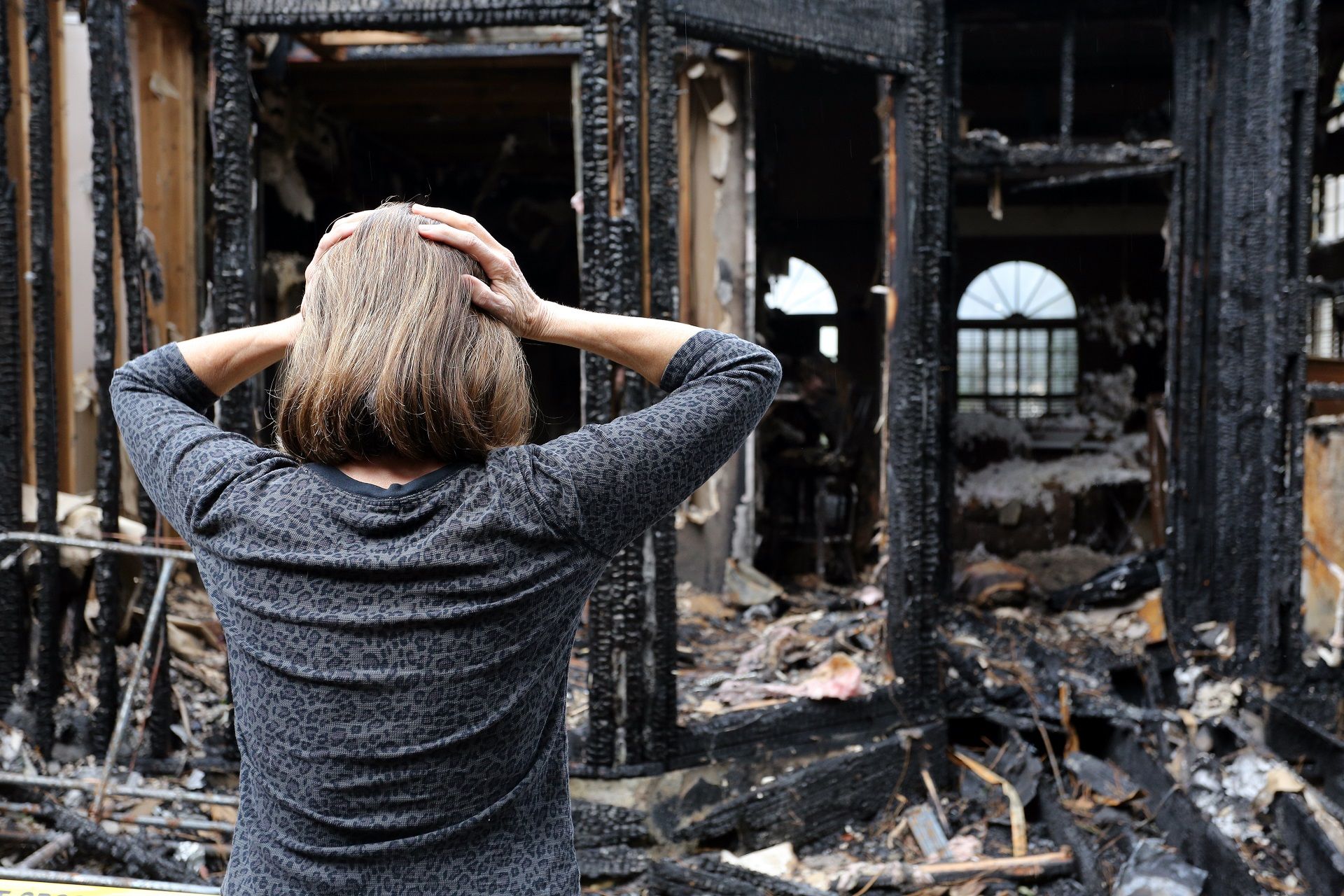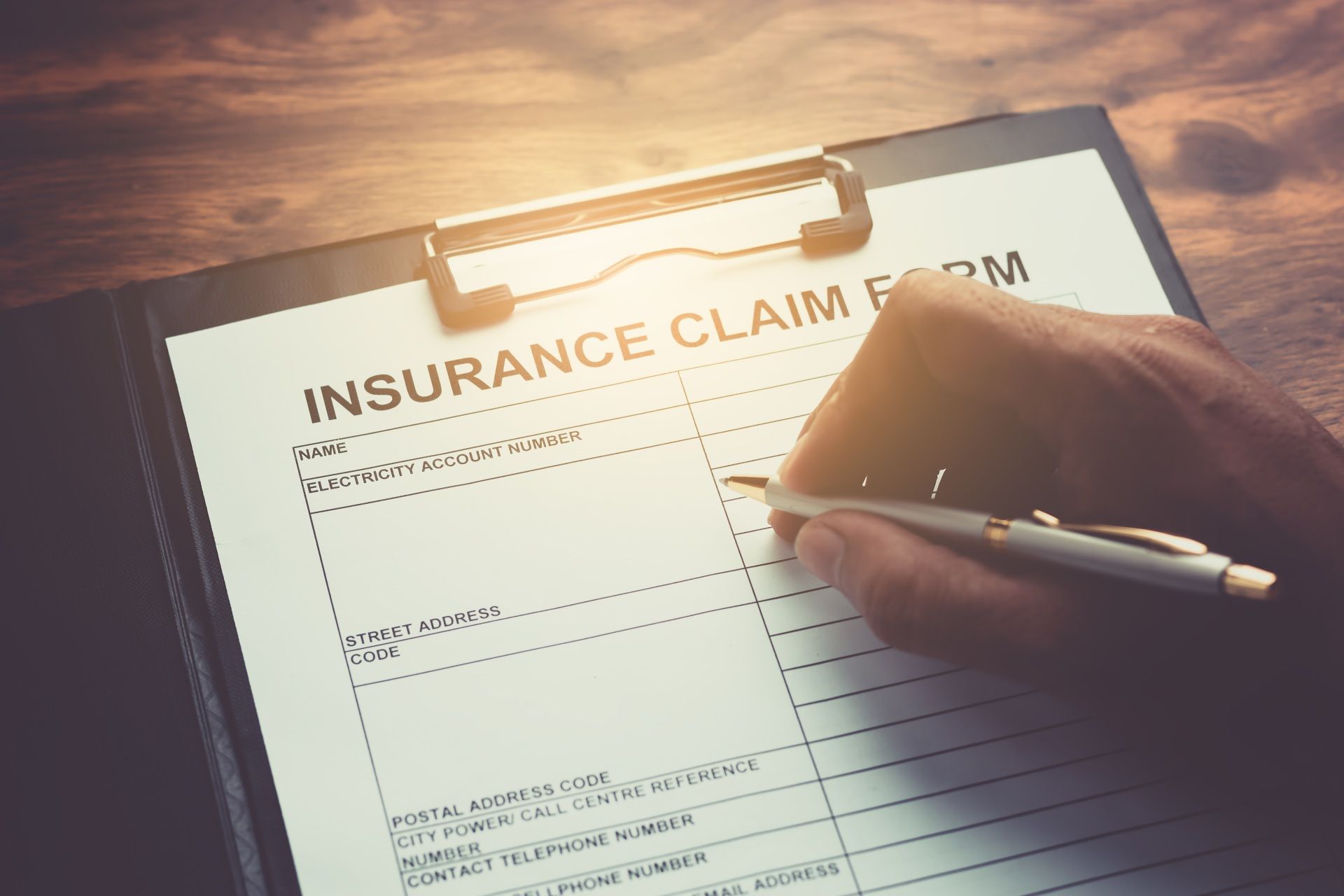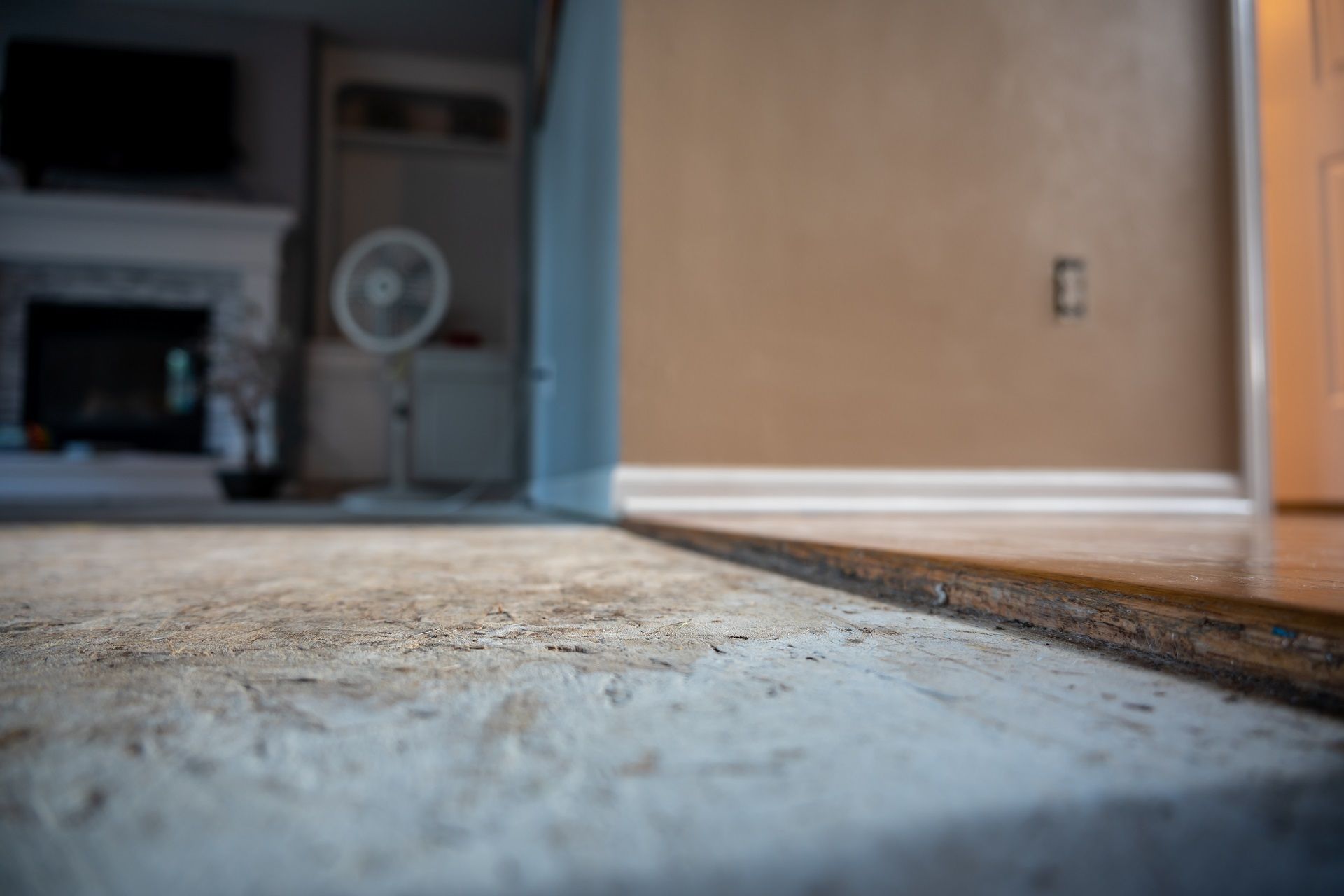10 Things To Know About Hurricane Insurance Claims
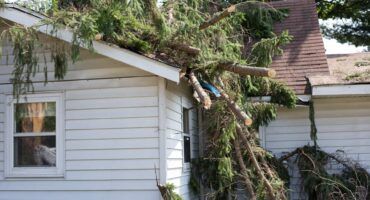
People of the United States of America, especially those who live on the coast, are no longer ignorant of the destruction caused by hurricanes. Everyone is apprehensive of the next one after seeing the carnage spread by Hurricane Harvey, Hurricane Maria, Hurricane Irma, Hurricane Laura, and the most recent Hurricane Ida. If forecasters are to be believed, the 2021 hurricane season will be an active one, so being prepared will be the only saving grace.
If your home has been affected by hurricanes in the past, you would know for sure that wind, wind-driven rain, and water are your biggest enemies. With so many occurrences associated with hurricane damage, it is essential to know clearly what is covered and what isn’t. So here’s all that you need to know about hurricane insurance claims.
Ten Things To Know About Hurricane Insurance Claims
1. Flooding Is Not Covered By Homeowners Insurance Policy – A typical insurance policy will cover the damage that happens due to rainwater coming in from the broken doors, windows, holes in the wall, or roof. The water that rises bottom up is an altogether different story. It is classified as a flood and not covered by the hurricane policy. For that, you need to have additional flood insurance.
In case you are one of those unlucky few who don’t have flood insurance, it would still be advisable to let your insurance company know of the damage. They might be able to cover some of the expenses. Our professional advice is to purchase flood insurance if there is a history of flooding in your area.
2. Auto Insurance Policy Covers Flooding – You have nothing to worry about if you have a comprehensive auto insurance policy. If not, then that’s a different story. In comprehensive coverage, you get protection for your vehicle from damage that isn’t caused by accident, and flood is one such damage. If the water damage is bad and renders your car a total loss, you will be paid the claim value of the car less the deductible.
If buying a used car after a hurricane, be extra careful. At such times, there are many water-damaged cars in the market. These can pose a serious threat to your safety and that of others.
3. Contact Insurer Immediately After The Occurrence And Document Loss – It is necessary to make temporary repairs to contain the spread of damage. Even insurance companies want that. But you need to inform the insurer of the occurrence as soon as it occurs and the measures you are undertaking to limit the loss. That is not all you have to do. To document the damage, you also have to take pictures. While taking pictures, ensure that the damaged objects are not moved from their original position.
When the insurance adjuster visits, you should show the evidence of damage (the pictures) and what you did to ensure it was limited (put up tarp or sandbags and so on). Do not throw away the receipt of supplies purchased to do temporary repairs. Your insurance company may reimburse them.
4. The Deductible For Hurricane Insurance Is Generally Higher – Many insurers charge a separate deductible for hurricane-related damages, which is usually 5% to 10% of the coverage. In rare cases, it may be a fixed dollar amount.
Let’s take an example. You insured your home for $300,000 with a 7% wind deductible. Your house suffered $25,000 roof damage due to high winds. In this case, you are responsible for $21,000, and the insurance company will only cover $4,000 of the damages.
5. Determine Whether You Are Eligible For Any Other Assistance – Usually, many non-profit and government agencies come forward offering help in many forms after a hurricane. It may relate to emergency housing, medical help, living expenses, or rebuilding expenses, etc. You can find out whether you qualify for any aid by entering the zip code of your area in the Disaster Assistance tool.
If you want in-person help, locate your nearest FEMA disaster recovery center. Similarly, you may also apply for a low-interest loan for repairs or replacement through SBA Disaster Loan Assistance if you qualify.
6. Rules About Fallen Trees Vary Situation to Situation – Damage from fallen trees is treated differently. If a tree from your property falls on the neighbor’s property, they should ideally file a claim with their insurer. If the same tree fell on your house, you will file the claim with your insurer. If it fell but caused no damage, the insurance company may pay a fixed amount for its clean-up (if agreed under the terms of coverage) or may pay nothing at all.
7. You May Qualify For Living expenses If Your Home Becomes Uninhabitable – Your insurance policy is most likely to pay for the living expenses (like food, rent, etc.) or a percentage thereof when your house becomes uninhabitable. They are covered for a year or less, depending on the policy terms. Some insurers may provide you with a debit card to bear the expenses. Irrespective of who is paying for them, do keep the receipts safe until the claim is settled in full.
8. Its Best To Avail Credit For All Belongings – If you are in the habit of maintaining an online inventory list of your possessions, you are off to a good start. If not, you will have to depend on the pics of the damaged products and other pictures of the room in good times to provide evidence. Hopefully, you have kept the purchase receipts of all the expensive items safe. Again, it would help if you make it a practice of storing them digitally on the Cloud. This way, they can be accessed anytime from anywhere. This documentation helps in proving the value of items for claim settlement.
9. Ask For In-Person Support – Insurance companies mobilize units on the ground to assist with filing claims after a major disaster. The state insurance department dispatches consumer protection staff. Special mediation programs are also started to settle disputes quickly between the insured and the insurer. The point is if you need in-person help, it’s all available. You just need to ask for help.
10. Take Help from State Insurance Department Through The Entire Process – If you have any questions, concerns, or doubts about the claim procedure, are unable to get hold of your insurer, or are delaying the settlement unnecessarily, the state insurance department can help. You can refer to the insurance department map for your state from the National Association of Insurance Commissioners’ to get the contact information of associated people.
Closing Notes
There are many details and fine print notes in every policy. Therefore, the insured must try and understand it all. It’s the small details that tend to cause problems. Nonetheless, if you live in a state prone to hurricanes, this is not your first experience with such claims. The filing roadmap and the formalities remain the same. Take pains to ensure that you don’t repeat past mistakes. Even better, hire a public adjuster. They work for the insured, and so your interests will be their top priority.
Continental Public Adjusters are experts in handling fire, wind, and plumbing claims in Florida. Founded in 1996, we have a legacy of thousands of successful claim settlements. It is for this reason our clients are of long-standing. If you need our services, contact us any day. We are happy to tell you that we can also provide you with a free claim review. To book an appointment, give a jingle at (800)989-4769.
Disclaimer: The information on this website and blog is for general informational purposes only and is not professional advice. We make no guarantees of accuracy or completeness. We disclaim all liability for errors, omissions, or reliance on this content. Always consult a qualified professional for specific guidance.


